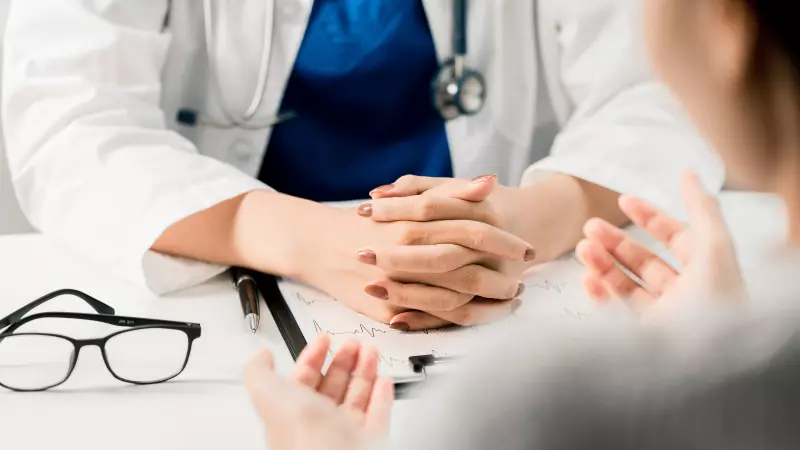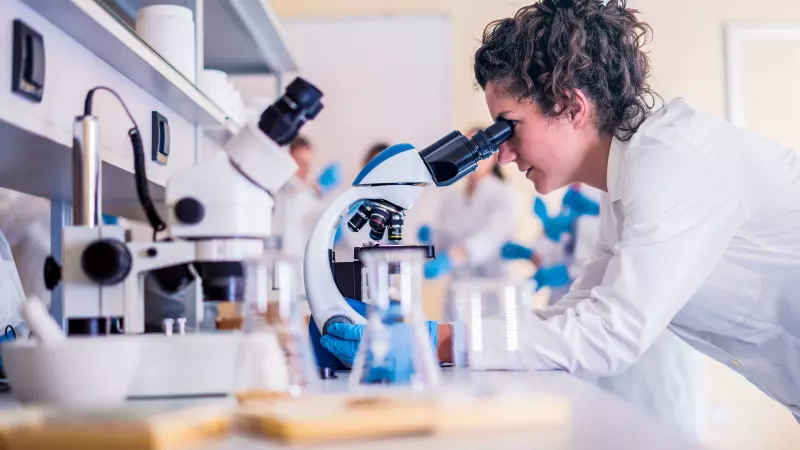Birt-Hogg-Dubé syndrome, also called BHD, is a rare genetic condition caused by a mutation in the folliculin gene. It may cause skin bumps called fibrofolliculomas, lung cysts, collapsed lungs and kidney cancer. The kidney cancer is normally slow growing so with regular kidney screening, any kidney cancers can be diagnosed and treated early.
BHD is inherited in an autosomal dominant pattern. This means that:
- if you have BHD, you probably inherited it from one of your parents.
- men and women are equally likely to inherit BHD;
- if you have BHD, any child you have has a 1 in 2 chance of inheriting BHD from you.
It is possible you have a brand new folliculin mutation, meaning you are the first person in your family to have BHD. However, this is rare.
BHD mainly affects adults, with lung cysts, collapsed lungs and skin bumps usually appearing in a person’s twenties or thirties. Kidney cancer is thought to occur at an average age of fifty.
There is no typical person with BHD. Symptoms can vary between people and can develop at different times. You may have no symptoms or may only develop symptoms later in life. At the moment there is no way of predicting who will get which symptoms or when.
Most people with BHD will live a normal life. However early diagnosis is important so that you can have your kidneys screened from adulthood.

Do I have BHD?
You could have BHD if you have symptoms of BHD or a family member has been diagnosed.

Symptoms & Treatments
BHD is a rare genetic condition. People with BHD get skin bumps, lung cysts, collapsed lungs and/or kidney cancer. Here you can find out more about the different symptoms of BHD, how they are diagnosed, screened for and the different treatment options.

Find a Specialist
Finding a specialist for a rare disease can be a daunting experience. We have a list of specialists with knowledge of BHD to help support you to get on the right track for managing your symptoms

Research
Scientists across the world are dedicated to researching BHD. They aim to understand BHD so that we can improve care, discover new treatments, and even find a cure.

FAQs
Find answers to common questions about BHD.
